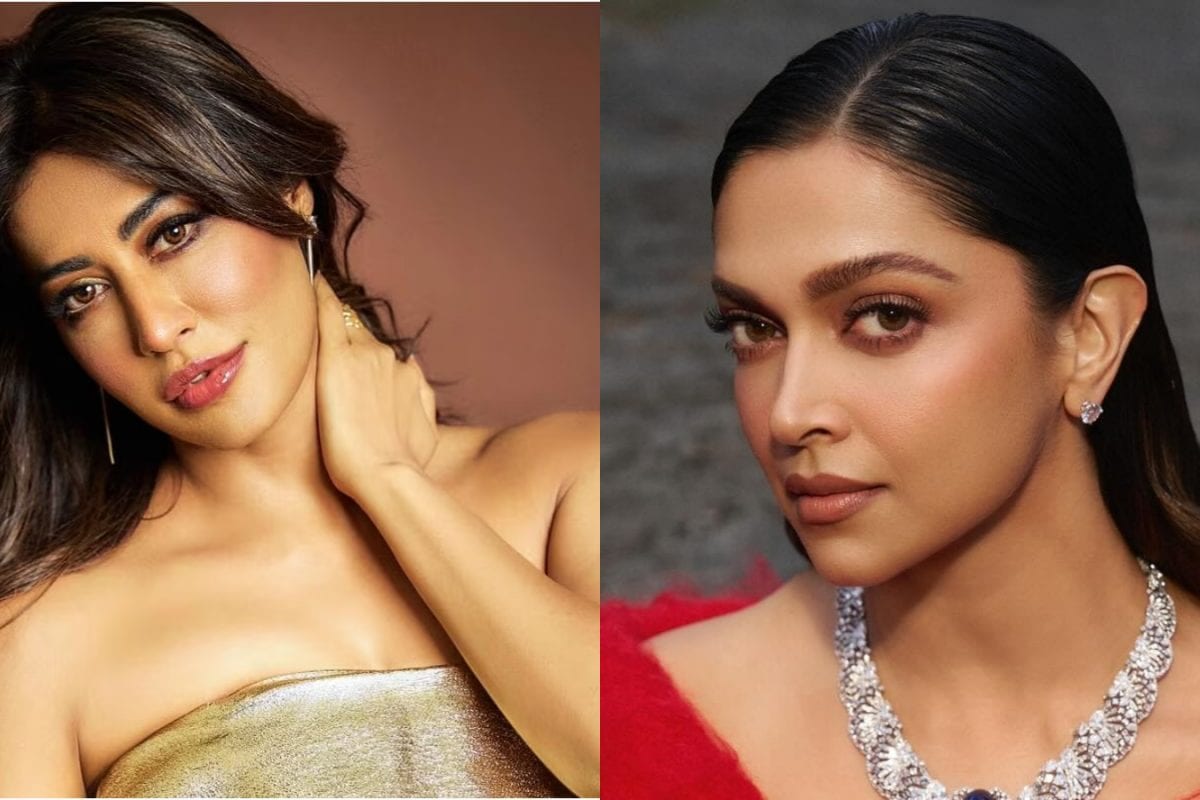

The debate around working hours in Bollywood has recently reignited, sparked by Deepika Padukone's reported request for an eight-hour shift following the birth of her daughter, Dua. This request has reportedly led to her replacement in Sandeep Reddy Vanga's upcoming film 'Spirit', with Triptii Dimri stepping into the role. Reports suggest Padukone also sought higher remuneration and a share of the film's profits.
Adding her perspective to this discussion, actress Chitrangda Singh has weighed in, emphasizing the importance of the relationship between actors, directors, and producers in determining working conditions. In a recent interview with IANS, Singh stated that working hours often depend on the understanding and rapport an actor shares with the director and producer, also adding that if they can manage the terms, then I am sure they will manage. She acknowledged the constraints of time, money, and scheduling that can make it difficult to accommodate such requests. "So, I think we also have to respect that aspect because after all, time is money in this industry- everybody is investing in a project," she said.
Singh further commented on Padukone's position, stating, "So I feel it is everyone's own choice and I think Deepika is a very big actress and it is her right to make a choice, it's her privilege to make a choice." This highlights a recognition of Padukone's established status in the industry, allowing her to negotiate terms that might not be available to everyone.
The issue of long working hours in the Indian film industry is not new. A typical film shoot can extend to 12-16 hours a day, and sometimes even longer. The All Indian Cine Workers Association (AICWA) has previously raised concerns with Prime Minister Narendra Modi about "16 to 20 hours a day without holidays, proper breaks or rest." Actor Pankaj Tripathi has also spoken about the stretched working hours, revealing he often works 16-18 hours straight.
Several other Bollywood personalities have shared their views on this topic. Director Tarun Mansukhani emphasized the importance of fixing shift timings in advance to avoid shooting troubles. Actress Kajol revealed that she has also had similar conversations in her life as a mother and has not worked for 20-30 hours.
While Indian labor laws restrict work to 48 hours a week, these regulations don't always apply to film sets, which are often not legally considered factories or business establishments. This leaves technicians, junior artists, and daily wage workers particularly vulnerable to exploitation, although even top stars can find the demanding schedules challenging.
Chitrangda Singh has also shared her experiences, revealing that she once took a seven-year break from work after having a son, a decision that impacted her career but was a personal priority. She respects women who set boundaries about their working hours, but also acknowledges the financial pressures on producers.
Ultimately, Singh's comments underscore the complex interplay of personal choices, professional relationships, and economic realities that shape working conditions in Bollywood.